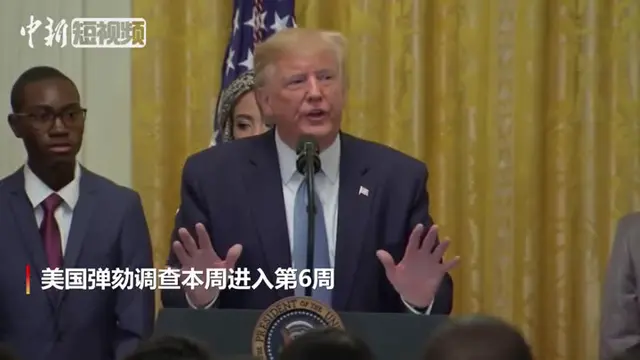2013 marks the tenth year of the implementation of Closer Economic Partnership Agreement (CEPA) between Hong Kong and the Chinese mainland. Scholars, government officials and professional services providers discussed the past and future development of CEPA.
The idea of CEPA, a free trade agreement between Hong Kong and the Chinese mainland, was under negotiation in 2003 and came into full effect in about 2004, when the former’s economy was devastated by deadly contagious disease SARS. CEPA has long been seen as the major stimulus, if not savior to the ailing economy of the city offered by the central government.
Hong Hong’s chief secretary Carrie Lam said on Monday at a forum that there were 273 kinds of Hong Kong products can enter the Chinese mainland without tariffs under the initial CEPA in 2003. The scope expanded with the subsequent nine supplements care into force, availing more than 1770 kinds of Hong Kong made goods to be imported to the mainland.
Meanwhile, areas of services opened to Hong Kong surged from 18 to 48 over the years, including tourism, professional services, finance, transportation and so on.
Lam said the Hong Kong government will stretch to its limit and work on closely with the Chinese mainland government in the rest of the “Twelfth Five Year Plan.
Zhao Yufang, vice governor of Guangdong Province, said total trade between Hong Kong and the province amounted to nearly 600 billion U.S. dollars, which was 3.6 times of that when CEPA first came into place. The number of tourists entering the territory through Guangdong exceeded three million people. So far, there are five Hong Kong based banks with 41 branches established in Guangdong. Hong Kong-Guangdong cross border Renminbi business size went beyond 1.1 trillion yuan.
“These facts show that CEPA substantially revitalizes our economies, she said, We look forward to have Hong Kong working with us in Qianhai, Nansha and Hengqin, and fully liberalize services trade in 2014.
Gao Yan, vice minister of commerce of the Chinese government, said the proposal of full liberalization of services trade is underway. It is likely to be submitted to the State Council for execution by the end of the year.
But Zheng Jianrong, deputy director General of department of foreign trade and economic cooperation of Guangdong province, said not only should there be “opening to Hong Kong enterprises, the thresholds of entering the Chinese mainland market should be lowered.
“Under CEPA, Hong Kong insurance companies must have five billion U.S. dollars in their accounts to set up offices here on the mainland, which means those of small-medium sizes are excluded, Zheng said. He added that travel agencies from Hong Kong cannot provide international traveling services either. Removal of these barriers will be of great interests to the furtherance of cooperation.
 简体中文
简体中文

